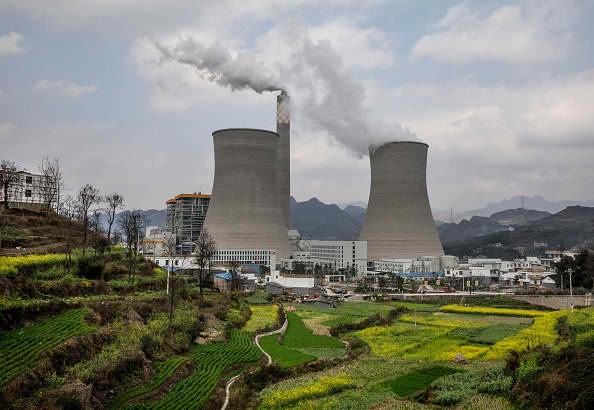Reaching new records, China has reported that coal consumption has lowered for the past three years. Meanwhile, the government has been highly investing in renewable energy.
Li Shuo, the spokesperson of Greenpeace East Asia, said, "China has transformed itself from climate bad boy into a reluctant leader, and at the Paris climate change talks, really a true leader."
China has been part of the Paris agreement where they committed to decrease carbon dioxide emissions and totally stop dependency on coal by 2030.
China's budget for green energy is the largest government investment in the world. China's shift to renewables is worth $474 billion.
However, China is notorious as a global polluter as its 1.35 billion people produce the largest amount of carbon dioxide and second to the United States.
Professor Qi Ye, a climate change specialist at Tsinghua University in Beijing, said, "I think people here probably can't wait that long before solving the air pollution problem, so I think the domestic pressure itself is already large enough for China to take action."
"I think international pressure, particularly from the United States, does not really make much of a difference," Professor Qi added.
The expert's comments came in response to the U.S. President's Donald Trump's non-committal comments on the Paris accord.
Qi noted, "President Xi Jinping made it very clear, it's not about what others ask us to do, we really want to do these things."
Aside from carbon emissions, China wants to address the worsening smog in the country.
According to Li Yan, the chief campaigner of Greenpeace East Asia, "There are priorities driving Chinese policy makers to move faster than they are used to."
She added, "I think that the environmental crisis we're facing right now, especially the air pollution--no-one expected this to be a top political priority four years ago, but look at where we are now."
"The issue is shaping energy policy, economic policy and even local agendas in the most polluted regions," she said.



























